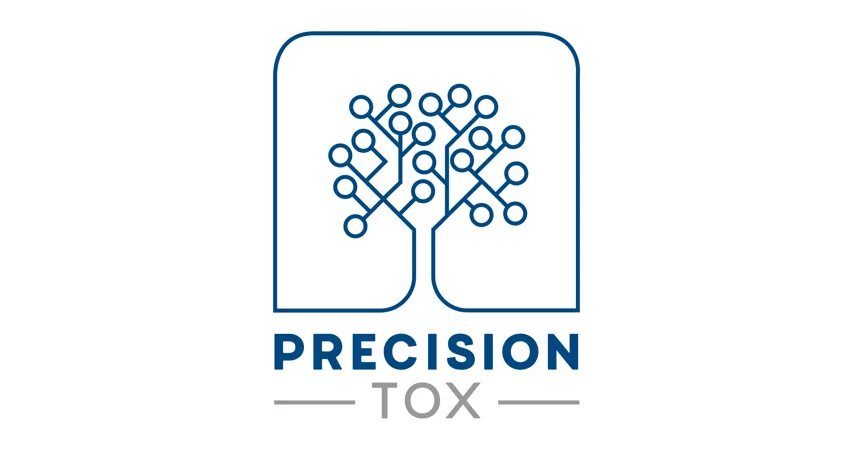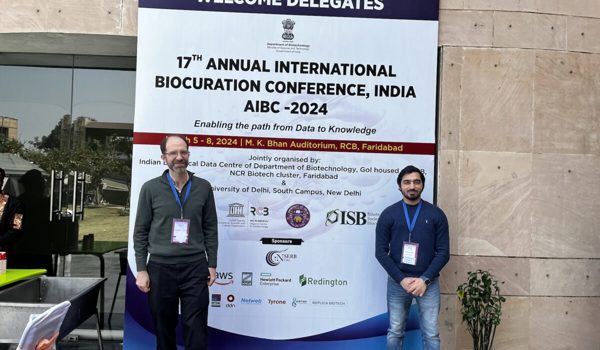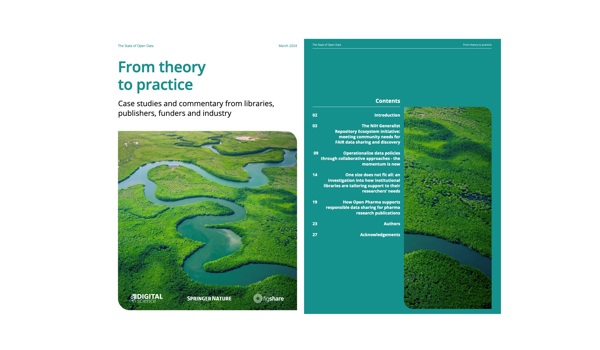09 Mar 2021
Precision Toxicology project launched with €19.3M funding
Building a FAIR Data Commons to explore the science, and shape policy and regulation aimed at protecting human health from effects of harmful chemicals

Precision Toxicology project logo
A major research project to shape regulation and policy on chemical safety without the use of animal testing has been launched with the aid of €19.3M funding from the European Commission.
Led by the University of Birmingham and involving 15 European and US organisations including the University of Oxford, PrecisionTox aims to protect human health from the toxic effects of chemicals found in people’s homes, food and the environment.
The consortium will use genetics, genomics, metabolomics and the study of evolution to investigate the toxicity of hundreds of chemicals and explore how they disrupt the biological processes that are fundamental to health. Combined with law, these approaches will open up a new field of precision toxicology that will transform approaches to chemical safety management in the same way that precision medicine is informing healthcare. Crucially, the research will be carried out without using mammalian animal testing, focusing instead on non-sentient organisms such as fruit flies, water fleas, round worms and embryos of zebrafish and frogs, and use that information to predict the likely effects in humans.
John Colbourne, of the University of Birmingham, leads PrecisionTox. He says:
“Because humans share many genes with these organisms by evolution, we can use them to map the genetic and metabolic pathways that are also important for human health. This shared biology will help us understand how these genetic connections and interactions can be affected by chemicals in the environment – and that will help us better protect the health of all animals, including humans.”
The methods developed by the consortium will enable harmful chemicals to be classified as carcinogens, hormonal disrupters, neurotoxins and other disease-causing agents using reliable molecular toxicity measurements. This will offer a faster and cheaper alternative to animal testing that will help industry to design safer chemicals and also provide biomarkers of toxicity to detect and control harmful chemicals that are already in the environment.
“The results and the data from PrecisionTox will be instrumental in shaping policy and regulation of this field. To enable this, we will also deliver a Data Commons and a related toolbox for data collection and use”
says Professor Susanna-Assunta Sansone, who is the lead of the Oxford e-Research Centre based Data Readiness Group at the University of Oxford's Department of Engineering Science.
“The Data Commons will ensure that all data are Findable, Accessible, Interoperable and Reusable, to facilitate integration, dissemination and reuse of data in the regulatory context”
says Dr. Rocca-Serra, who with Professor Sansone are FAIR authors. The FAIR Principles are accepted world-wide as the de facto norm for good data management and reproducible research.
Richard Fuller who founded Pure Earth and co-authored the 2017 Lancet Commission report on health and pollution, welcomes the project. He says:
“Pollution accounts for one in nine deaths world-wide, yet there have been too few major initiatives to fingerprint the offending chemicals until now”.
For media enquiries about the Precision Toxicology project please contact;
- Beck Lockwood, Press Office, University of Birmingham, tel: +44 (0)781 3343348 email: r.lockwood@bham.ac.uk
- Jeanne Laperrouze, PrecisionTox Communication Coordinator, Altertox Srl, tel : +32 488 95 45 78 email: jeanne@altertox.be
More information
- PrecisionTox is a project funded by the European Commission H2020 program until 2026 under Grant Agreement No. 965406. Its mission is to accelerate discoveries and the implementation of new approach methodologies for chemical safety testing that are useful at protecting the health of populations and the environment by Precision Toxicology.
- Participating institutions include: University of Birmingham (Lead), University of Heidelberg, Indiana University, Karlsruher Institut für Technologie, Fundacio Centre de Regulacio Genomics, WatchFrog SA, Clemson University, University of Oxford, Helmholtz Zentrum für Umweltforschung GmbH, Altertox SPRL, Cell Networks GmbH, Michabo Health Science Ltd, Acondicionamiento Tarrasense Associacion, Misvik Biology Oy, Latvia MGI Tech SIA.
- More information is available on the University of Birmingham Centre for Precision Toxicology website.






